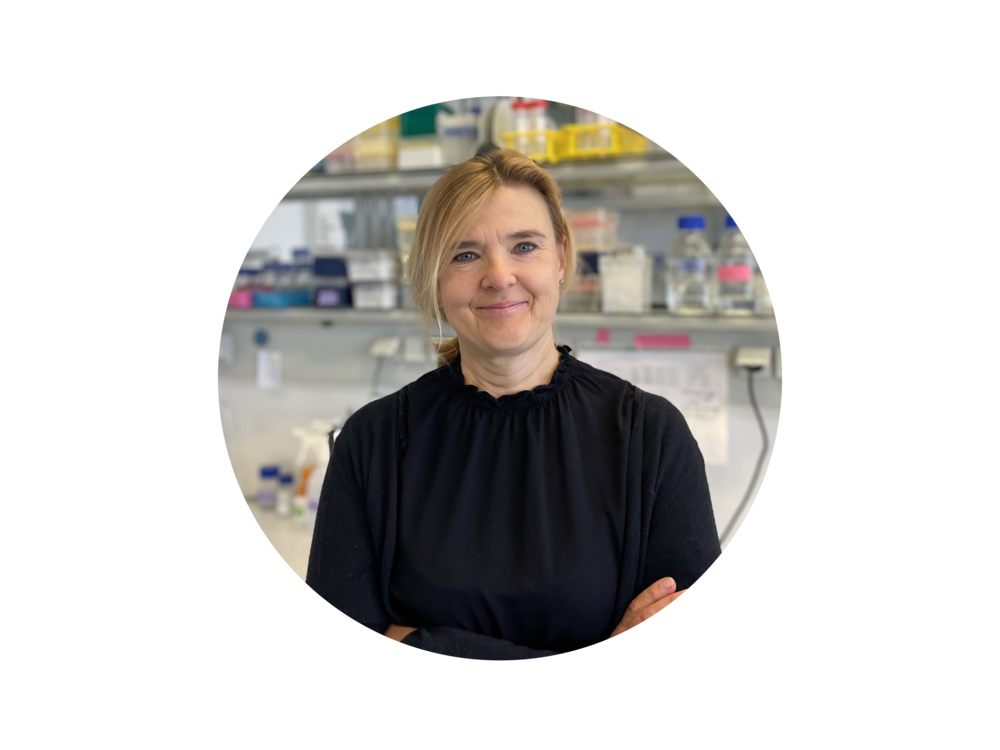TRC in prostate cancer
Background:
This project aims to determine whether the induction of transcription-replication conflicts (TRCs) is a therapeutic approach for patients with advanced prostate cancer (PCa). PCa is a transcription-driven tumor that arises as an androgen-dependent primary tumor and progresses to androgen-independent forms termed castration-resistant prostate cancer (CRPC) or neuroendocrine prostate cancer (NEPC). The expression of different MYC paralogues is closely linked to the biology of PCa, as CRPC expresses MYC and NEPC expresses MYCN. The high rate of transcription leads to collisions of the polymerase complexes that control transcription and replication, resulting in TRCs. If TRCs are not resolved, DNA breaks occur, triggering apoptosis. Tumors rely on specific mechanisms to prevent TRCs. We have shown that a key oncogenic function of MYCN is to resolve TRCs, identified the mechanism and demonstrated that its inhibition has a major therapeutic effect. In preliminary work, we found that MYC and MYCN rely on different mechanisms to resolve TCRs in PCa and hypothesize that the mechanisms that resolve TRCs are targets for therapy in PCa that have not yet been explored as a treatment strategy.
Principles of the research:
1. Principle of Transcription-Replication-Conflicts (TRCs)
Lead: Dr. Steffi Herold

Saskia Haarmann (PhD Student)

Lead: PD Dr. med. Charis Kalogirou









